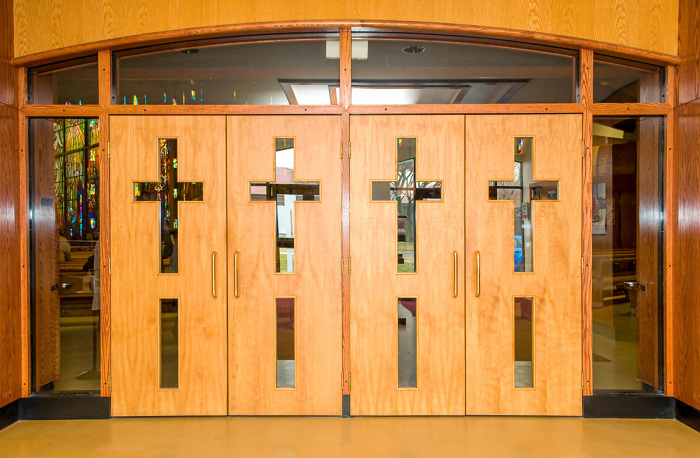Most Protestant churches aren’t supporting pro-life pregnancy centers, Lifeway survey suggests

There’s a significant gap in the involvement of Protestant churches with local pregnancy resource centers, despite heightened attention on such centers following the U.S. Supreme Court’s decision to overturn Roe v. Wade two years ago. A survey by Lifeway Research reveals that only 31% of Protestant churchgoers have observed any congregational support for these centers since the ruling.
On June 24, 2022, the Supreme Court ruling in Dobbs v. Jackson Women’s Health Organization allowed states to enact laws regulating abortion, spotlighting the role of local pregnancy centers in providing support for women with unintended pregnancies. Despite this, the majority of Protestant churches appear uninvolved in supporting these centers, either financially or through volunteer efforts.
In the survey report, Scott McConnell, executive director of Lifeway Research, referred to the contradiction between the expectations and reality of church support.
“In a survey of Americans conducted days before the Dobbs decision was leaked, almost two-thirds of Americans agreed churches and religious organizations have a responsibility to increase support for women who have unwanted pregnancies if their state restricts access to abortion,” said McConnell. “According to those who attend, the majority of Protestant churches in the U.S. are not supporting a pregnancy resource center that exists either separately or as part of their church.”
The survey detailed various levels of support provided by churches that are involved: 16% of churchgoers reported financial support from their churches to local centers; 14% noted encouragement within their congregations to financially support these centers; another 14% were encouraged to refer individuals facing unplanned pregnancies to these centers.
Furthermore, 11% of respondents indicated that their churches had promoted volunteerism at these centers, and 7% had hosted leaders from the centers to speak at church services.
However, awareness and involvement vary significantly across different demographics and denominations, according to the survey. Younger churchgoers, particularly those under 50, and those attending larger or more Evangelical churches, are more likely to report their church’s involvement. In contrast, those over 65 and members of smaller or Lutheran congregations are less aware of any church engagement with pregnancy resource centers.
Financial contributions also reflect these demographic divides. Churchgoers under 35 are notably more likely to contribute to these centers, influenced by church encouragement, compared to their older counterparts. This trend is consistent across activities, with younger members more engaged in volunteering and referring others to these centers.
Despite these efforts, a considerable number of churchgoers remain unaware of their church’s involvement with pregnancy resource centers. More than 44% of respondents reported no knowledge of any church activities supporting these centers, and 8% live in areas without such centers nearby.
The regional and denominational disparities are stark, the survey suggests. Churchgoers in the Northeast are more likely than those in other regions to report no nearby pregnancy resource centers, and Lutheran churchgoers frequently mention a lack of nearby centers compared to other denominations.
On the implications of these findings, McConnell stresses the potential for churches to play a more active role. “There is equal opportunity for all churches to point those with unintended pregnancies to help if there is a Christian pregnancy resource center nearby,” said McConnell. “Yet few churches are doing so in a way their congregation notices.”
Following the Dobbs decision, pro-life pregnancy centers became the target of vitriol, violence and vandalism from pro-abortion activists and politicians.
Yet, a report in December 2023 revealed that pro-life pregnancy centers provided more than $350 million worth of services and goods in 2022 as the organizations found themselves under increased scrutiny following the Supreme Court decision determining that the U.S. Constitution doesn’t contain a right to abortion.
The Charlotte Lozier Institute, the research arm of the pro-life advocacy organization Susan B. Anthony Pro-Life America, published a report in 2022 titled “Hope for a New Generation” that calculated the goods and services provided by 2,750 pro-life pregnancy centers in the U.S. the previous year.
According to the report, the 2,750 pro-life pregnancy centers provided 16,050,312 client sessions in 2022. That figure included both online and in-person sessions. The centers had a self-reported 97.4% positive experience and satisfaction rate among their clients.





























